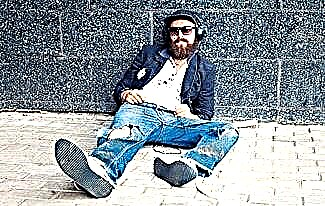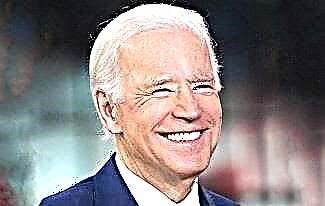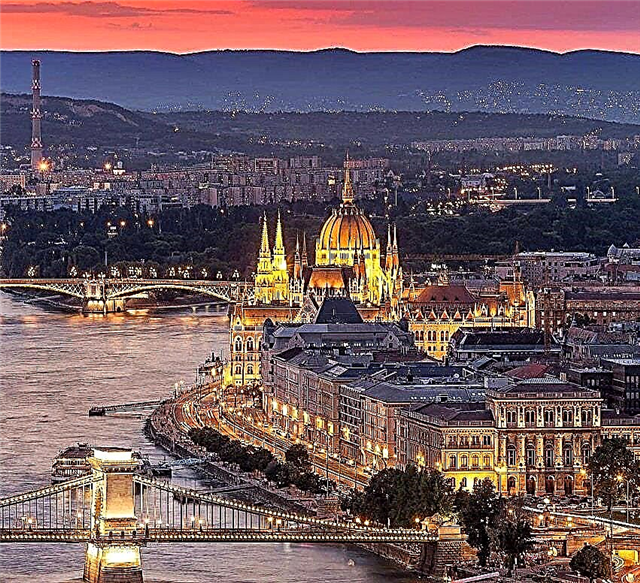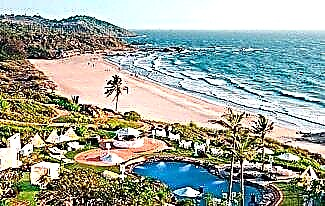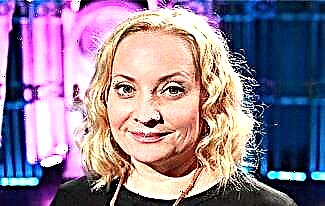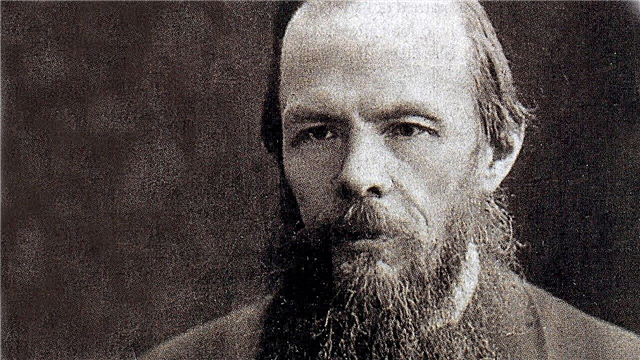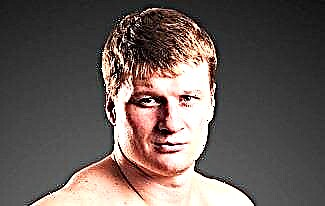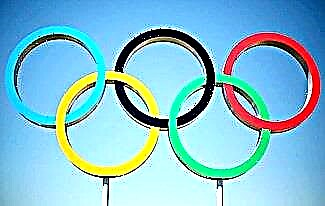Beer putschalso known as Hitler's putsch or the coup of Hitler and Ludendorff - an attempted coup d'etat by the Nazis led by Adolf Hitler on November 8 and 9, 1923 in Munich. In the confrontation between the Nazis and the police in the city center, 16 Nazis and 4 police officers were killed.
The coup drew the attention of the German people to Hitler, who was sentenced to 5 years in prison. He received the first headlines in newspapers around the world.

Hitler was found guilty of high treason and sentenced to 5 years in prison. In conclusion (in Landsberg) he dictated to his cellmates part of his book "My Struggle".
At the end of 1924, after spending 9 months in prison, Hitler was released. The failure of the coup convinced him that one can come to power only through legal means, using all possible means of propaganda.
Preconditions for the putsch
In January 1923, Germany was engulfed in the largest crisis caused by the French occupation. The Treaty of Versailles of 1919 imposed obligations on Germany to pay reparations to the victorious countries. France refused to make any compromises, calling on the Germans to pay huge sums of money.
In the event of delays in reparations, the French army repeatedly entered the unoccupied German lands. In 1922, the victorious states agreed to receive goods (metal, ore, timber, etc.) instead of money. At the beginning of the next year, the French accused Germany of deliberately delaying supplies, after which they sent troops into the Ruhr region.
These and other events caused outrage among the Germans, while the government urged its compatriots to come to terms with what was happening and continue to pay reparations. This led to the fact that the country was engulfed in a large-scale strike.
From time to time the Germans attacked the invaders, as a result of which they often staged punitive operations. Soon the authorities of Bavaria, represented by its leader Gustav von Kara, refused to obey Berlin. In addition, they refused to arrest 3 popular leaders of the armed formations and to close down the NSDAP newspaper Völkischer Beobachter.
As a result, the Nazis formed an alliance with the Bavarian government. In Berlin, this was interpreted as a military revolt, as a result of which the rebels, including Hitler and his supporters, were warned that any resistance would be suppressed by force.
Hitler urged the leaders of Bavaria - Kara, Lossov and Seiser, to march on Berlin, without waiting for them to go to Munich. However, this idea was strongly rejected. As a result, Adolf Hitler decided to act independently. He planned to take von Kara hostage and force him to support the campaign.
Beer putsch begins
On the evening of November 8, 1923, Kar, Lossow and Seiser arrived in Munich to perform in front of the Bavarians in the large beer hall "Bürgerbreukeller". About 3000 people came to listen to the leaders.
When Kar began his speech, about 600 SA attack aircraft surrounded the hall, set up machine guns on the street and pointed them at the front doors. At that moment, Hitler himself stood in the doorway with a mug of beer raised up.

Soon, Adolf Hitler ran to the center of the hall, climbed onto the table and shot at the ceiling and said: "The national revolution has begun!" The assembled spectators could not understand how to behave, realizing that they were surrounded by hundreds of armed people.
Hitler announced that all German governments, including the Bavarian one, had been deposed. He also added that the Reichswehr and the police had already joined the Nazis. Then the three speakers were locked in one of the rooms, where the main Nazi later came.
When Kar, Lossow and Seiser learned that Hitler had enlisted the support of General Ludendorff, hero of the First World War (1914-1918), they sided with the National Socialists. In addition, they said they were ready to support the idea of a march to Berlin.
As a result, von Kar was appointed regent of Bavaria, and Ludendorff - the commander-in-chief of the German army (Reichswehr). An interesting fact is that Adolf himself declared himself the imperial chancellor. As it turned out later, Kar published a proclamation, where he reneged on all the promises said "at gunpoint."
He also ordered the disbandment of the NSDAP and the assault detachments. By that time, the attack aircraft had already occupied the headquarters of the ground forces in the Ministry of War, but at night they were rebuffed by the regular army, which remained loyal to the current government.
In this situation, Ludendorff suggested that Hitler occupy the city center, hoping that his authority would help lure troops and law enforcement officers over to the side of the Nazis.
March in Munich
On the morning of November 9, the assembled Nazis headed to Munich's central square. They sought to lift the siege from the ministry and take it under their control. In front of the procession were Hitler, Ludendorff and Goering.
The main confrontation between the putschists and the police took place on the Odeonsplatz square. And although the number of police officers was about 20 times less, they were well armed. Adolf Hitler ordered law enforcement officers to surrender, but they refused to obey him.

A bloody shootout began, in which 16 Nazis and 4 police officers were killed. Many putschists, including Goering, were injured to varying degrees.
Hitler, along with his supporters, tried to escape, while Ludendorff remained standing in the square and was arrested. A couple of hours later, Rem surrendered with the stormtroopers.
Beer putsch results
Neither the Bavarians nor the army supported the putsch, as a result of which it was completely suppressed. During the next week, all of his ringleaders were detained, with the exception of Goering and Hess, who fled to Austria.
Participants in the march, including Hitler, were arrested and sent to Landsberg prison. An interesting fact is that the Nazis served their punishment in rather mild conditions. For example, they were not prohibited from gathering at the table and talking on political topics.
It is worth noting that at the time of his arrest, Adolf Hitler wrote the bulk of his famous book, My Struggle. When the prisoner becomes the Fuehrer of Germany, he will call the Beer Hall putsch - the National Revolution, and he will declare all 16 killed putschists martyrs. In the period 1933-1944. NSDAP members celebrated the anniversary of the putsch every year.
Photo of the Beer Putsch







